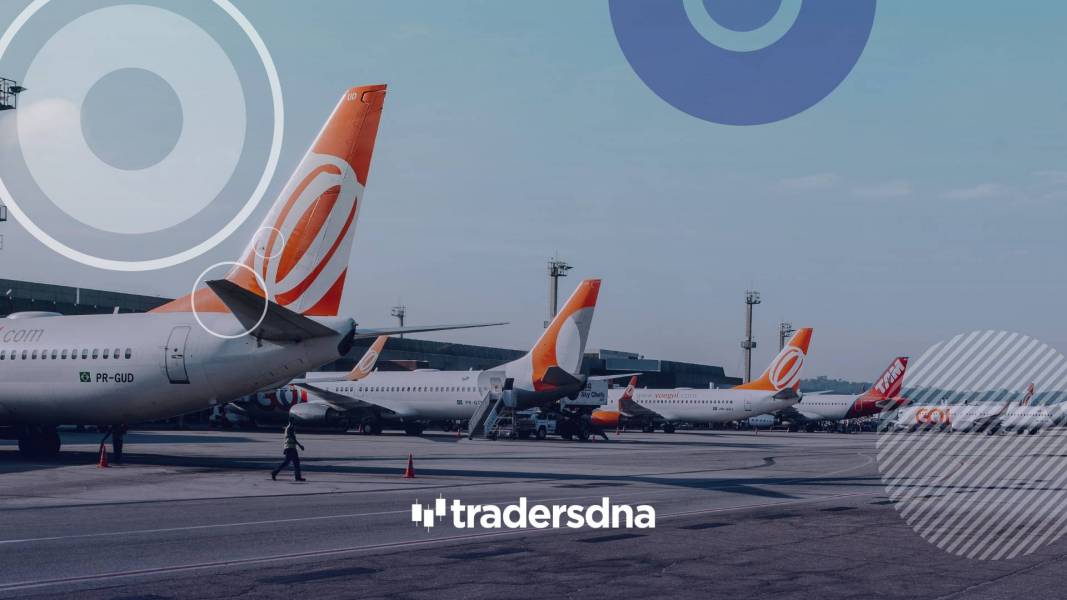As the uneasy stalemate continues between Russia and European nations about energy supplies, the price of oil has crept up again today to above $105 a barrel, as worries remain about the much tighter supply of crude on world markets.

By Susannah Streeter, senior investment and markets analyst, Hargreaves Lansdown:
The unprecedented release of US oil reserves in a drip daily strategy over the coming months, had lowered prices, and the two-month truce in Yemen has also helped assuage some concerns about supplies, but there is a recognition that these moves won’t go nearly far enough to offset the reduction in output from Russia, as sanctions take hold and buyers around the world increasingly shun the country’s supplies. But the oil price rise today of just over 1% is a relatively small uptick, compared to the sky-high crude prices of recent weeks, so it hasn’t moved the dial much for the share prices of BP and Shell.
The FTSE 100 has largely been treading water since trading began, with investors keenly awaiting a speech from Bank of England governor Andrew Bailey, which could provide fresh insight about the direction of travel in terms of interest rates. The Bank’s comments have been much more opaque compared to the stark path of rate hikes set out by the Federal Reserve, so any inkling of a clearer roadmap for monetary policy from Andrew Bailey is likely to be seized on.
The pandemic might have eased in many countries but covid continues to wreak havoc in pockets of the world economy. The Shanghai shutdown is expected to add another drag to China’s growth, with hopes that the phased lockdowns would soon be ebbing away. Beijing is showing little sign of waving in its zero covid stance causing fresh supply chain bottlenecks for companies. But some corporates like Tesla are still showing tremendous resilience despite the upset to operations. Although the extended lockdown of its Shanghai Gigafactory will still come as a blow, with the plant remaining closed today, it’s still managed to accelerate sales and add a big blast of charge to its delivery numbers. It delivered just more than 310,000 vehicles in the first quarter, almost 70% higher than in the same period in 2021. It’s clearly been at the wheel when forging its supplier network, which has come up with the goods, particularly given the ongoing semi-conductor chip shortage.
Restrictions may have largely been lifted, but the travel industry is finding it hard to cope with the surge in demand as staff absences due to covid cripple operations. Easyjet is the latest airline to have been hit by a wave of sickness, leading to a hundred cancelled flights on Monday and shares were down by 2% in early trade. This upset to operations is a blow for the airline, given it’s been counting on an upswing in Spring and Summer bookings to give it a major tailwind in its recovery, particularly as it comes just as the big Easter holiday getaway begins. For British Airways’ owner IAG, covid absences will just compound the operational pain of the IT failures which won’t go away, and which have led to days of chaos at Heathrow and knock-on effects at other airports. Seeing luggage abandoned on carousels and the tales of travellers waiting for hours in queues does little to restore confidence in the travelling public, with a fresh headache of delays just as hopes had risen that the drop in testing requirements would make journeys a lot easier.
Tradersdna is a leading digital and social media platform for traders and investors. Tradersdna offers premiere resources for trading and investing education, digital resources for personal finance, market analysis and free trading guides. More about TradersDNA Features: What Does It Take to Become an Aggressive Trader? | Everything You Need to Know About White Label Trading Software | Advantages of Automated Forex Trading


































